Matching Wedding Bands: Should You and Your Partner Go for a Coordinated Look?

Wedding bands are more than just pieces of jewelry; they are symbols of commitment and eternal love. For many couples, choosing the perfect wedding bands is one of the most significant decisions they’ll make leading up to the big day. Among the questions that arise during this process is whether or not to opt for matching wedding bands. Coordinated rings can represent unity and shared values, but is it necessary for couples to have identical rings? In this blog, we’ll explore the pros and cons of matching wedding bands and help you decide if a coordinated look is right for you and your partner.
The Tradition of Matching Wedding Bands
Matching wedding bands have been a tradition for centuries. In many cultures, they symbolize the union of two people, with the idea that the identical rings represent equality and togetherness. Historically, couples would choose the same style and metal to show that they were in sync with each other in marriage, emphasizing the shared commitment.
In modern times, the tradition has evolved. While many couples still love the idea of matching rings, the rise of individuality in weddings and relationships has led some to choose different designs that better reflect their personal tastes. With more options than ever before, couples can now tailor their wedding bands to their individual preferences while still honoring their shared bond.
Pros of Matching Wedding Bands
1. Symbolism of Unity
Matching wedding bands provide a clear, visual representation of your connection. The identical rings can symbolize your shared journey, values, and love. For couples who value tradition and want to express their unity in a tangible way, matching bands are a perfect choice.
By wearing the same design, you are visually reinforcing the idea that you and your partner are a team, committed to walking through life together. This symbolism can be a powerful daily reminder of your partnership.
2. Simplicity in the Selection Process
Choosing matching wedding bands simplifies the decision-making process. Rather than spending hours deliberating over different styles, metals, and designs, you and your partner can streamline the selection by focusing on one ring that both of you love. This can make the experience less stressful and more enjoyable, allowing you to focus on other wedding planning details.
Additionally, many jewelers offer wedding band sets designed specifically for couples, providing pre-coordinated options that fit together seamlessly. These sets often come with the benefit of discounted pricing when purchased together.
3. A Timeless, Coordinated Look
Matching wedding bands have a classic and timeless appeal. By selecting a coordinated set, you are choosing a style that will stand the test of time. For couples who prefer minimalist or traditional designs, matching bands offer a cohesive and elegant look that will never go out of fashion.
A simple, coordinated design can also complement your engagement ring, especially if both rings are made from the same metal or have similar features. Matching bands help create a balanced aesthetic, tying both rings together beautifully.
Cons of Matching Wedding Bands
1. Individuality and Personal Style
One of the main reasons some couples choose not to have matching wedding bands is the desire for individuality. You and your partner are unique individuals, each with your own tastes, lifestyles, and preferences. Your wedding bands should reflect that individuality.
If you and your partner have different tastes in jewelry—perhaps one prefers a sleek, modern band while the other loves intricate, vintage designs—matching bands might not feel authentic to either of you. Choosing different styles can allow each of you to wear a ring that truly reflects your personality while still serving as a symbol of your shared commitment.
2. Different Needs and Comfort Levels
Another factor to consider is comfort and lifestyle. Wedding bands are worn every day, so it’s essential to choose one that suits your daily activities. For example, one partner might have a job that requires heavy use of their hands, such as a mechanic or healthcare worker, and would prefer a durable, scratch-resistant metal like tungsten or titanium. The other partner may work in an office and want a more delicate, gold band adorned with diamonds or other embellishments.
Choosing different bands allows each person to prioritize comfort and practicality, ensuring that both rings fit into your respective lives. After all, your wedding band is something you’ll wear for decades to come, so it’s important that it suits your daily needs.
3. Evolving Trends
While matching wedding bands are timeless, there are also evolving trends in the world of wedding jewelry. More couples are opting for contrasting styles that complement one another without being identical. For example, one partner might choose a simple, platinum band while the other selects a rose gold band with a hammered texture. The key is that while the rings may be different, they still complement each other in a way that speaks to your unique relationship.
Many jewelers now offer customizable options, allowing couples to design their rings with different elements that feel connected yet distinct. This can be an exciting opportunity to create a personalized set of rings that reflects both your shared story and your individuality.
Finding a Compromise: Complementary Wedding Bands
If you and your partner want to strike a balance between unity and individuality, complementary wedding bands may be the perfect solution. Rather than opting for completely matching or entirely different rings, you can choose designs that have similar elements, such as matching metals or engraving, while allowing room for personalization.
For example, both bands could be made of white gold, but one may feature a brushed finish while the other has a polished look. Alternatively, you could choose the same design, but one partner’s ring includes a diamond or gemstone while the other’s is simpler. Complementary bands can provide that sense of unity while still respecting your individual preferences.
Making the Decision Together
Ultimately, the decision to choose matching wedding bands should be a joint one, made with consideration of both partners’ desires, lifestyles, and values. If one partner strongly prefers matching bands while the other wants something different, it’s essential to have an open discussion about what matters most to each of you.
Remember, there’s no right or wrong choice when it comes to wedding bands. What’s most important is that both rings, whether they match or not, symbolize the love, trust, and commitment you share. Whether you opt for identical rings, complementary designs, or completely different styles, the meaning behind the bands remains the same: a lifelong connection to the person you love.
Conclusion
Choosing whether to go for matching wedding bands is a personal decision that reflects your unique relationship. For some couples, matching rings symbolize unity and tradition, while for others, individuality and personal style take precedence. Whatever you decide, your wedding bands will carry the beautiful story of your love, standing as a reminder of the lifelong journey you are about to embark on together. Whether perfectly matched or uniquely different, your rings will always represent the bond you share.



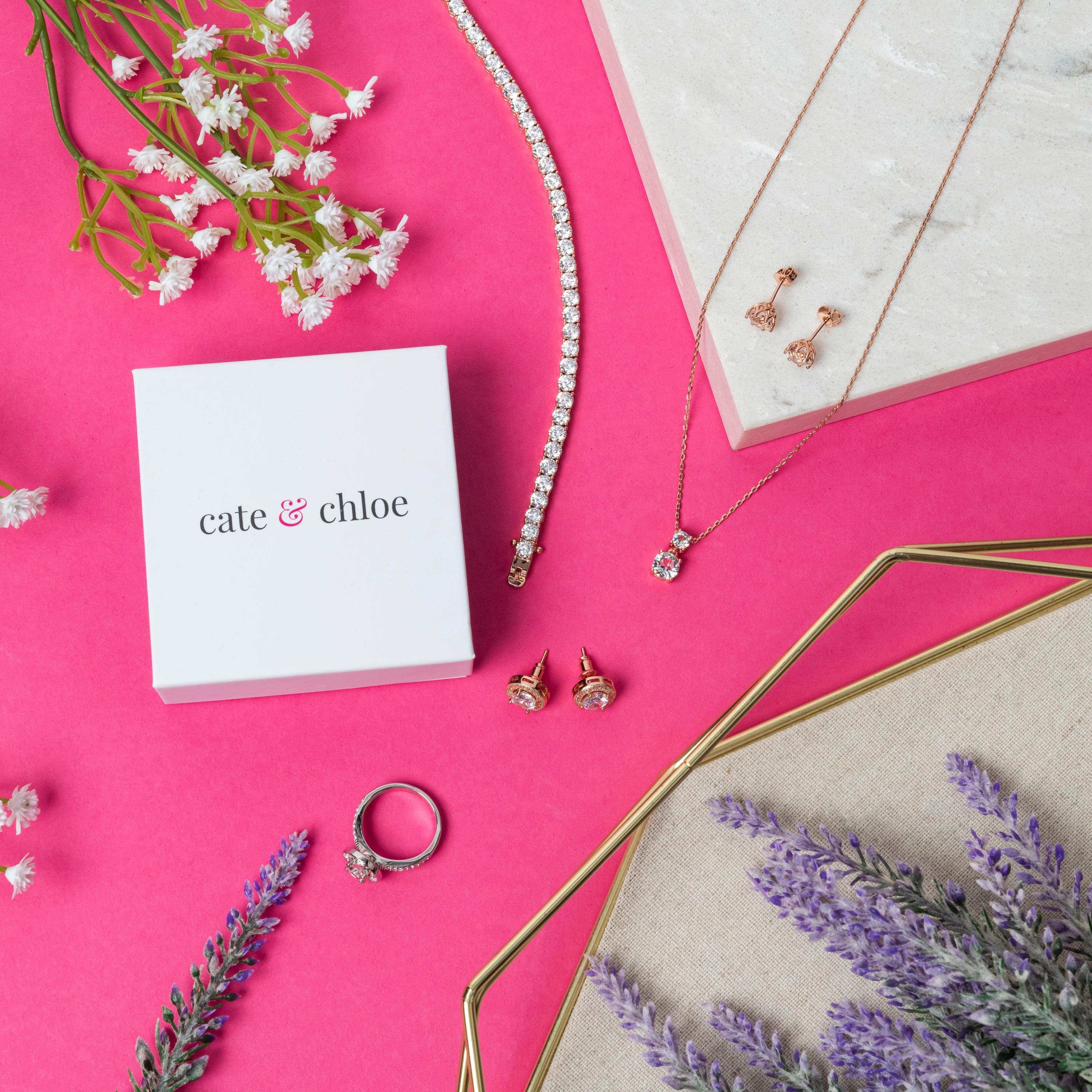
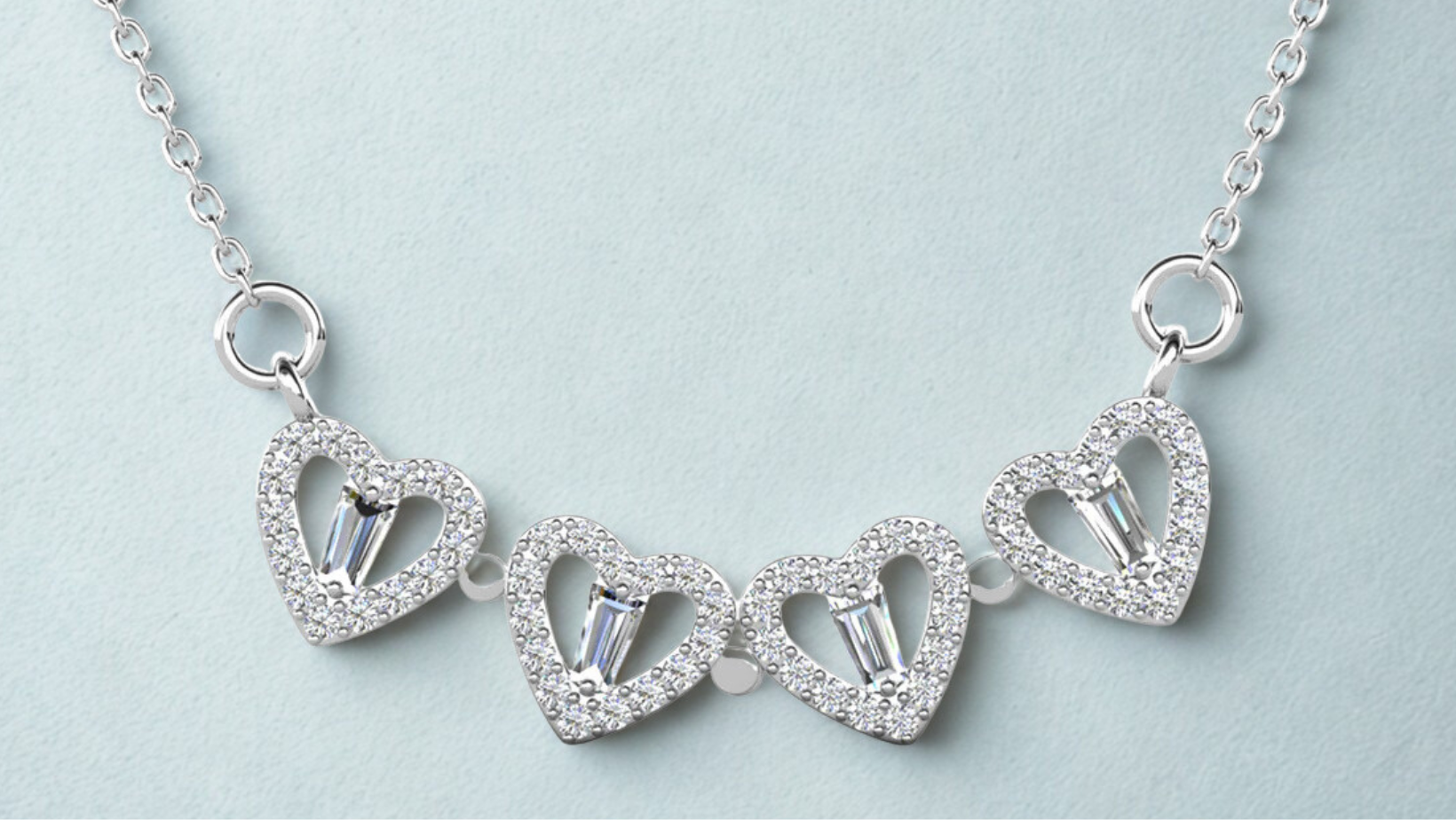
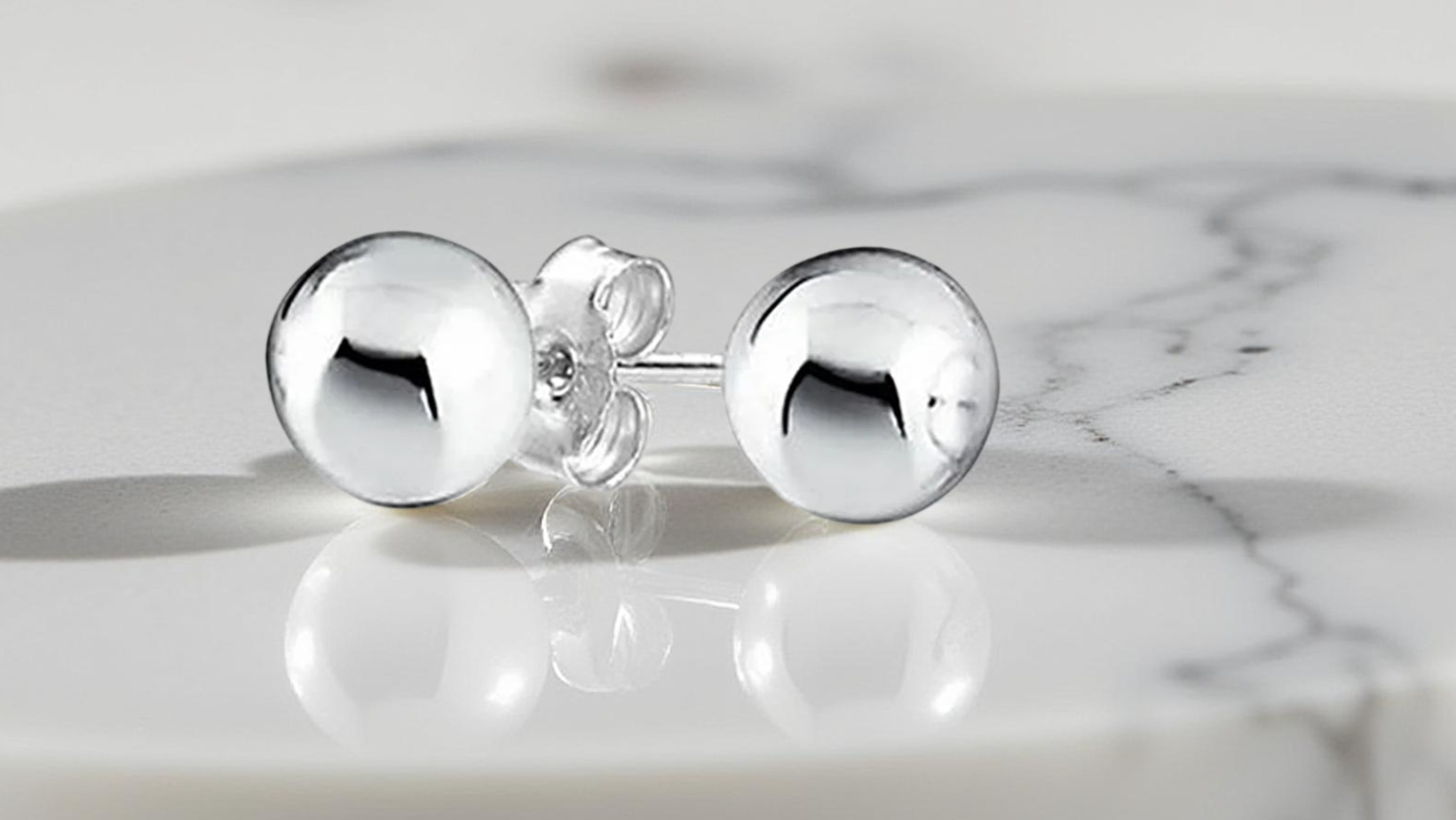
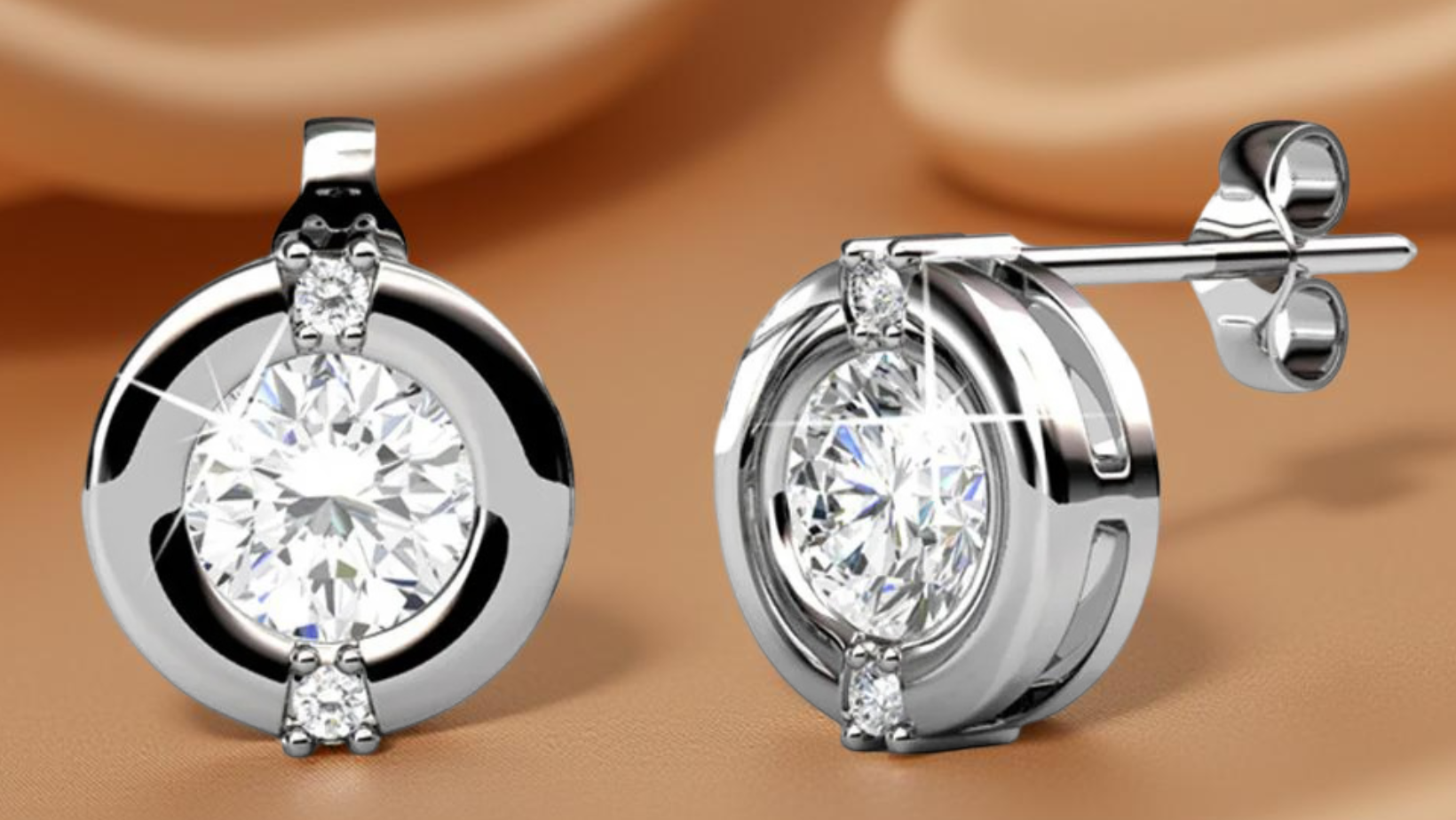
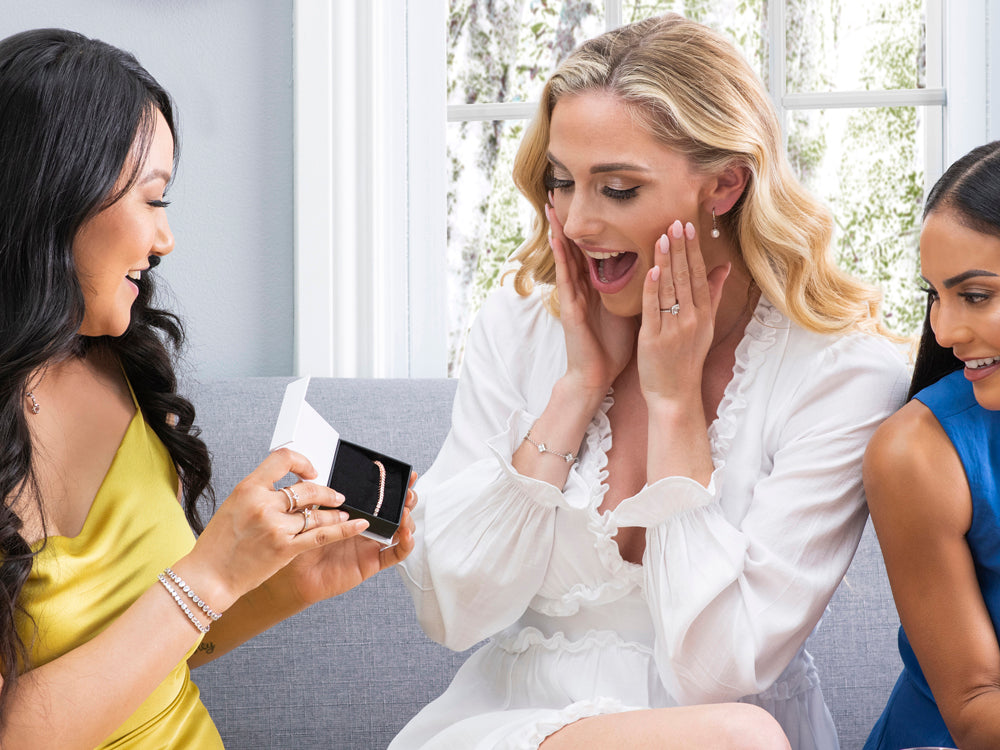
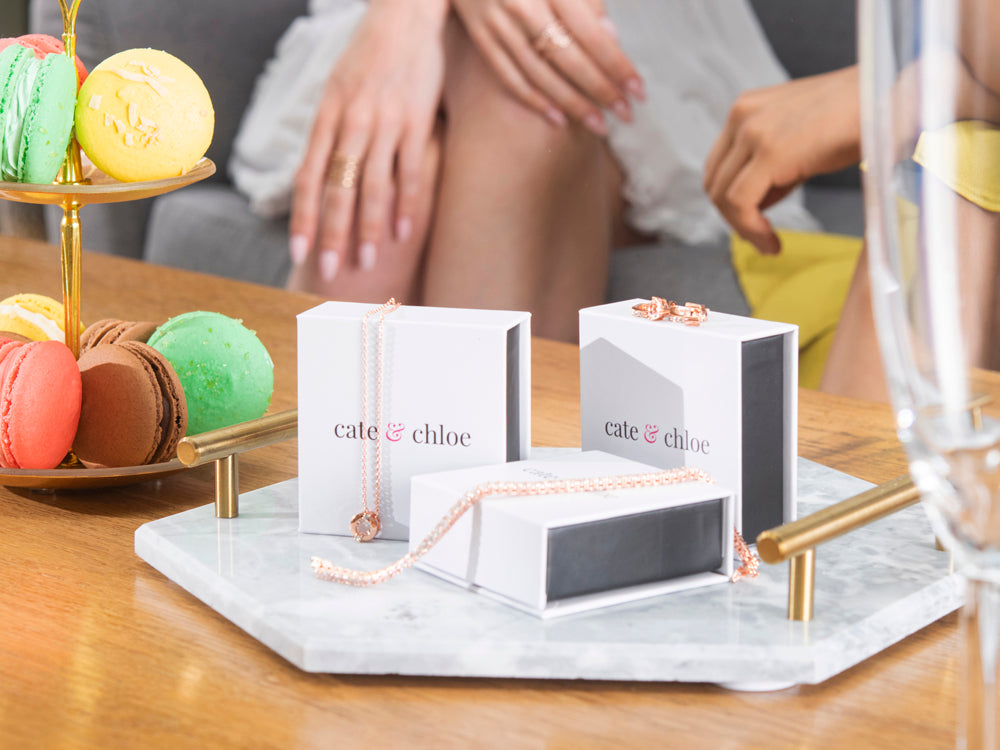

Leave a comment